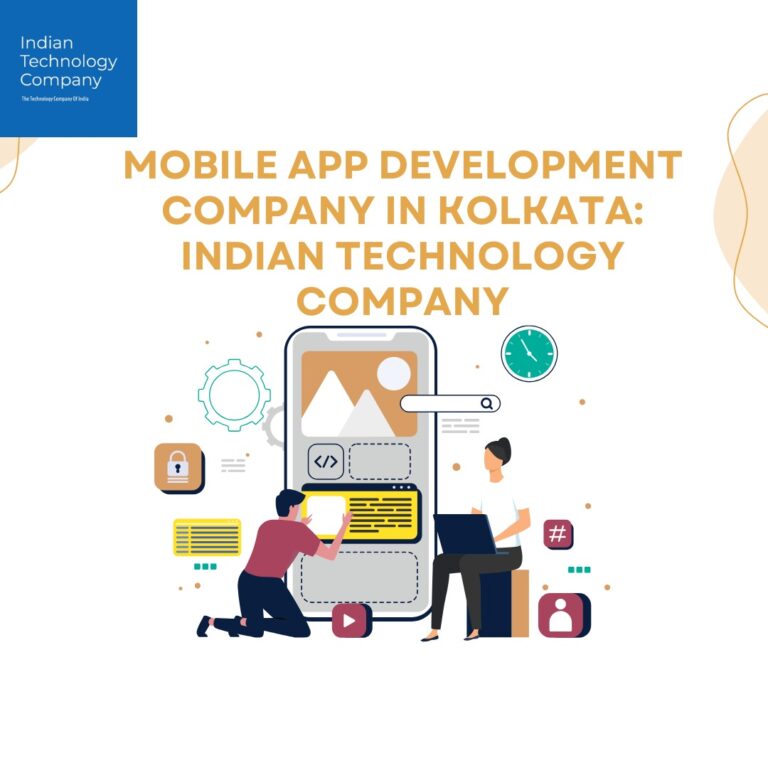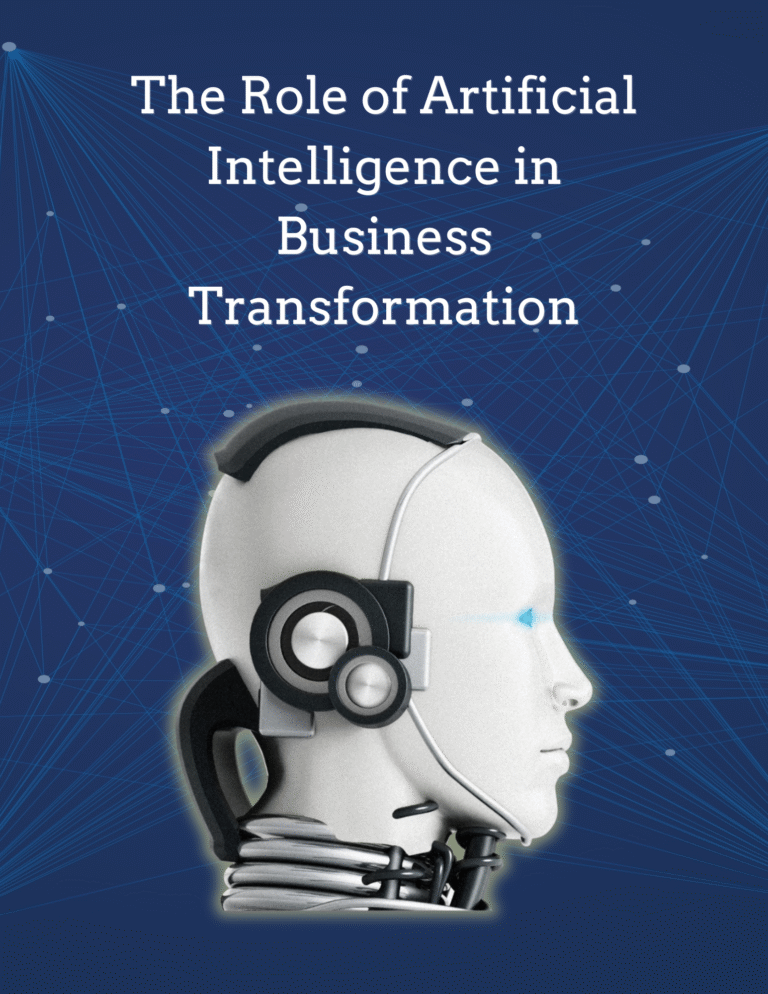The Evolution of Mobile App Development: What’s Next?
Mobile app development has undergone a remarkable transformation since the introduction of the first smartphones. From simple utilities to complex applications powered by cutting-edge technologies, the evolution of mobile apps has been both rapid and revolutionary. As we look toward the future, it’s exciting to speculate on what’s next for this dynamic field.
Early Days: Basic Utilities and Games
In the early days of mobile app development, applications were primarily focused on basic utilities and simple games. These apps were limited by the hardware and software capabilities of the early smartphones. Popular apps included calculators, calendars, and basic arcade games. The development process was straightforward, often handled by small teams or even individual developers.
The Rise of the App Store
The launch of Apple’s App Store in 2008 marked a significant milestone in mobile app development. It provided a centralized platform for developers to distribute their apps and for users to discover and download them easily. This democratization of app distribution spurred a wave of innovation and creativity, leading to the development of a wide variety of apps across different categories.
The Advent of Cross-Platform Development
As the mobile market expanded, the need for apps to run on multiple platforms became evident. Cross-platform development tools like Xamarin, React Native, and Flutter emerged, allowing developers to write code once and deploy it across various operating systems. This approach significantly reduced development time and costs while maintaining a consistent user experience across different devices.
Integration of Advanced Technologies
In recent years, mobile apps have become increasingly sophisticated, integrating advanced technologies such as artificial intelligence (AI), augmented reality (AR), and the Internet of Things (IoT). AI-powered apps can provide personalized experiences, while AR apps offer immersive interactions, transforming how users engage with their devices. IoT integration has enabled mobile apps to control and monitor connected devices, enhancing convenience and efficiency.
The Shift to Progressive Web Apps (PWAs)
Progressive Web Apps (PWAs) have emerged as a hybrid solution, combining the best features of web and mobile apps. PWAs offer the responsiveness and performance of native apps while being accessible through web browsers. They do not require installation from app stores, reducing barriers to entry for users. With advancements in web technologies, PWAs are becoming a viable alternative to traditional mobile apps.
Focus on User Experience (UX) and Design
The importance of user experience (UX) and design in mobile app development cannot be overstated. Modern users expect intuitive, visually appealing, and responsive interfaces. As a result, developers are increasingly prioritizing UX design, conducting extensive user research, and employing design thinking methodologies. The focus on UX ensures that apps are not only functional but also enjoyable to use.
Enhanced Security and Privacy
With the increasing reliance on mobile apps for sensitive transactions and personal information, security and privacy have become paramount. Developers are now incorporating robust security measures, such as encryption, biometric authentication, and secure APIs, to protect user data. Additionally, adherence to privacy regulations like GDPR and CCPA is crucial to maintaining user trust.
What’s Next? Emerging Trends in Mobile App Development
1. 5G Connectivity
The rollout of 5G networks is set to revolutionize mobile app development. With significantly faster data speeds and lower latency, 5G will enable real-time interactions, high-quality video streaming, and seamless integration with IoT devices. Developers will have the opportunity to create more responsive and data-intensive applications, enhancing the user experience.
2. Augmented Reality and Virtual Reality (AR/VR)
AR and VR technologies are poised to become more mainstream in mobile app development. From immersive gaming experiences to virtual shopping and remote collaboration, AR and VR have the potential to transform various industries. As hardware capabilities improve, these technologies will become more accessible to developers and users alike.
3. Artificial Intelligence and Machine Learning
AI and machine learning (ML) will continue to play a pivotal role in mobile app development. AI-powered features such as voice recognition, image processing, and predictive analytics will enhance app functionality and personalization. Developers will leverage AI and ML to create smarter, more intuitive applications that can adapt to user behavior and preferences.
4. Blockchain Integration
Blockchain technology is set to impact mobile app development, particularly in areas requiring enhanced security and transparency. Decentralized apps (DApps) will gain popularity, offering secure and tamper-proof transactions. Industries like finance, supply chain, and healthcare will benefit from blockchain’s ability to provide trust and traceability.
5. Wearable and IoT Integration
As wearable devices and IoT continue to proliferate, mobile apps will increasingly integrate with these technologies. Apps will serve as central hubs for managing and controlling connected devices, from smartwatches and fitness trackers to home automation systems. The seamless integration of mobile apps with wearables and IoT will enhance user convenience and productivity.
6. Low-Code and No-Code Development
The rise of low-code and no-code development platforms will democratize mobile app development. These platforms enable individuals with little to no coding experience to create functional apps through visual interfaces and pre-built components. This trend will empower businesses and individuals to rapidly develop and deploy custom applications, reducing the reliance on traditional development processes.
Conclusion
The evolution of mobile app development has been a journey of innovation and adaptation. From basic utilities to sophisticated, AI-powered applications, the landscape continues to evolve at a rapid pace. As we look to the future, emerging technologies like 5G, AR/VR, AI, and blockchain promise to shape the next generation of mobile apps. By staying abreast of these trends and embracing new possibilities, developers can continue to create transformative experiences for users around the world. The future of mobile app development is bright, and the possibilities are endless.







GV777 is a bit of alright! The interface is easy to navigate. I like that. If you fancy a go, give it a whirl here: gv777.